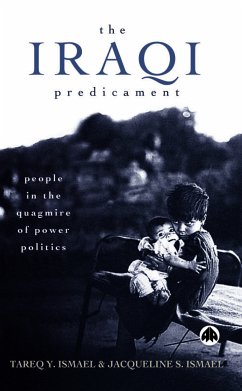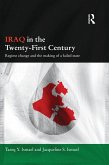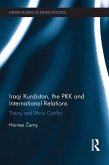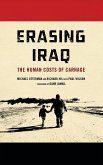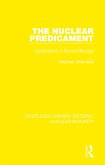On February 15, 2003, over 6 million people around the world marched in protest against a threatened war on Iraq. In the light of these remarkable events, and the conflict that followed, it is now more important than ever to properly assess Iraq's role in world politics.
This book provides a history of Iraq, an assessment of its position in the broader political landscape, and a moving account of the day-to-day reality experienced by the Iraqi people. The authors look at Iraq's -- and Saddam Hussein's -- relations and influence in the region of the greater Middle East. They examine the role of the UN, sanctions and warfare, explaining the impact this has had on Iraq's civil population and related humanitarian questions.
They assess American policy towards Iraq and how this has changed since September 11, setting it within the broader context of America's involvement in the Middle East. Finally, they look at social policy within Iraq, explaining how the internal welfare system has collapsed since the Gulf War, and examining the continuing effects of depleted uranium.
This book provides a history of Iraq, an assessment of its position in the broader political landscape, and a moving account of the day-to-day reality experienced by the Iraqi people. The authors look at Iraq's -- and Saddam Hussein's -- relations and influence in the region of the greater Middle East. They examine the role of the UN, sanctions and warfare, explaining the impact this has had on Iraq's civil population and related humanitarian questions.
They assess American policy towards Iraq and how this has changed since September 11, setting it within the broader context of America's involvement in the Middle East. Finally, they look at social policy within Iraq, explaining how the internal welfare system has collapsed since the Gulf War, and examining the continuing effects of depleted uranium.
Dieser Download kann aus rechtlichen Gründen nur mit Rechnungsadresse in A, D ausgeliefert werden.

